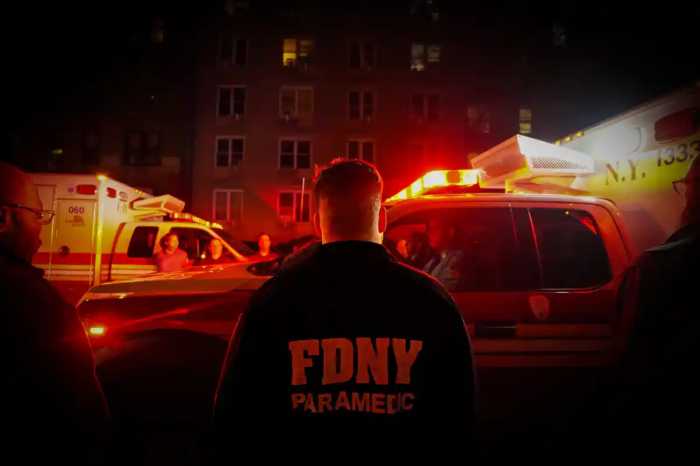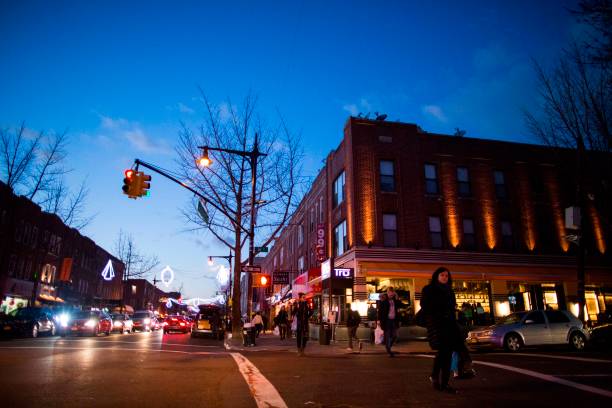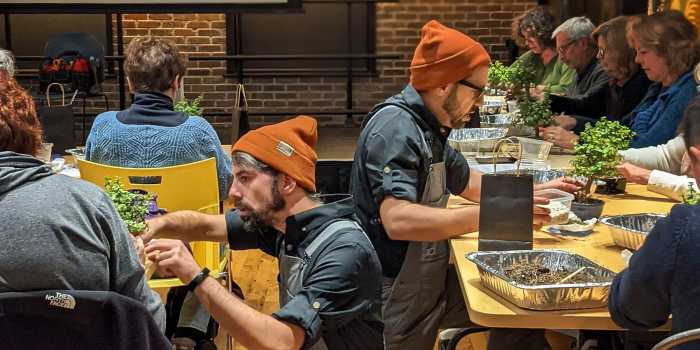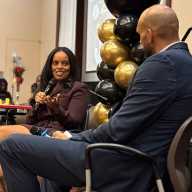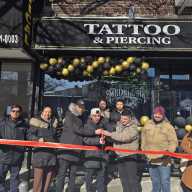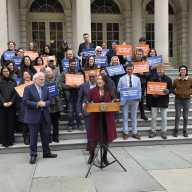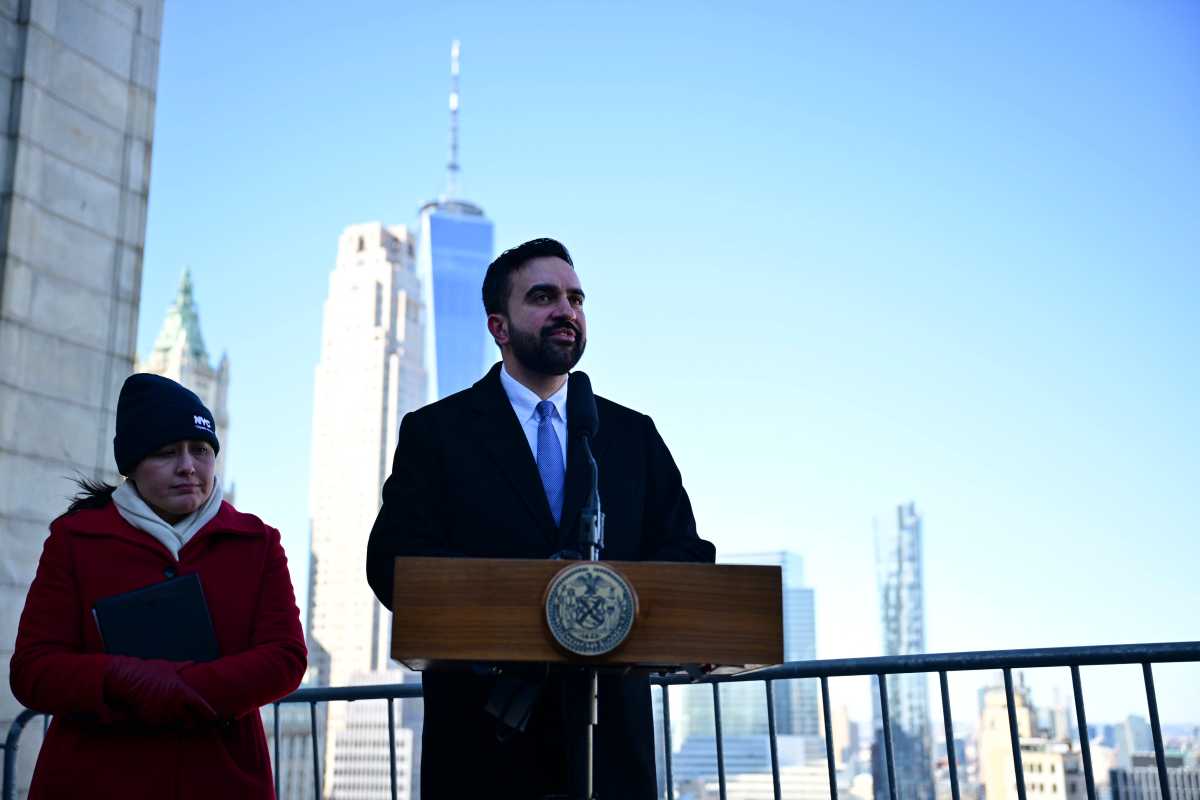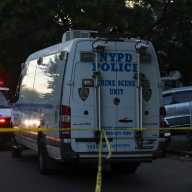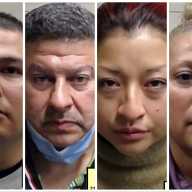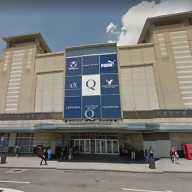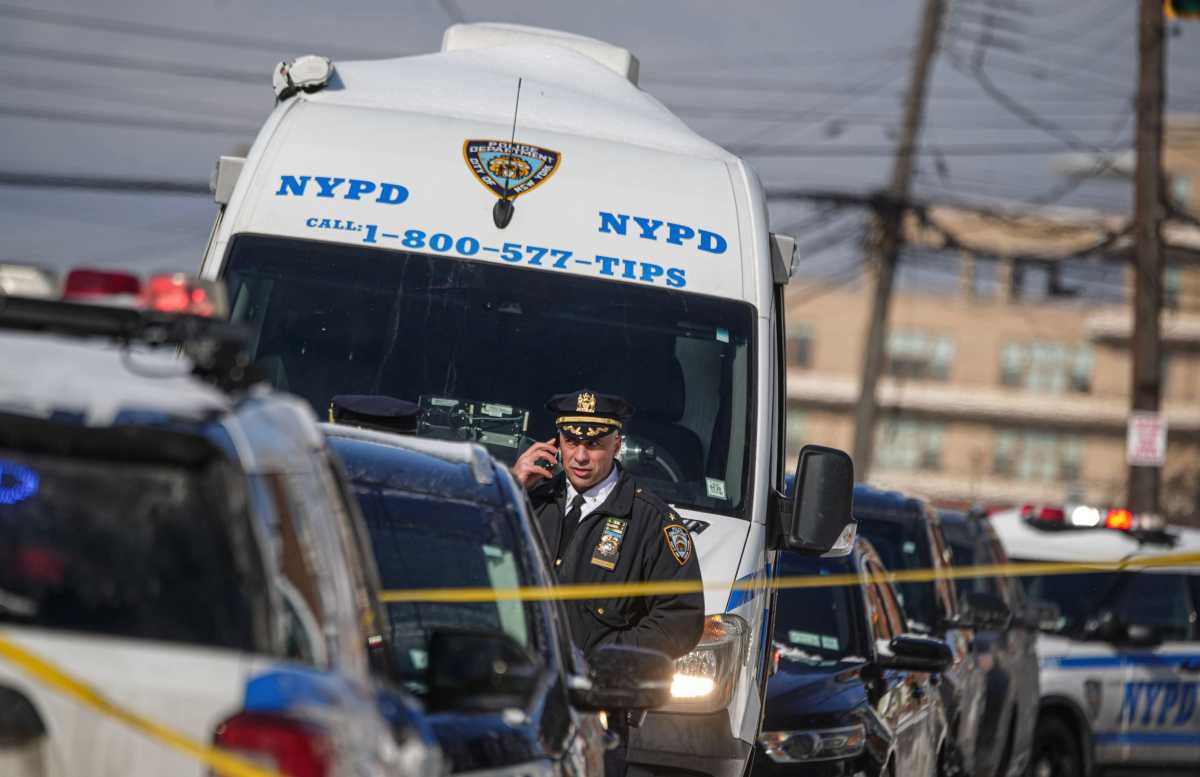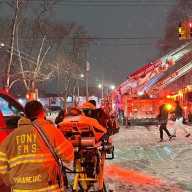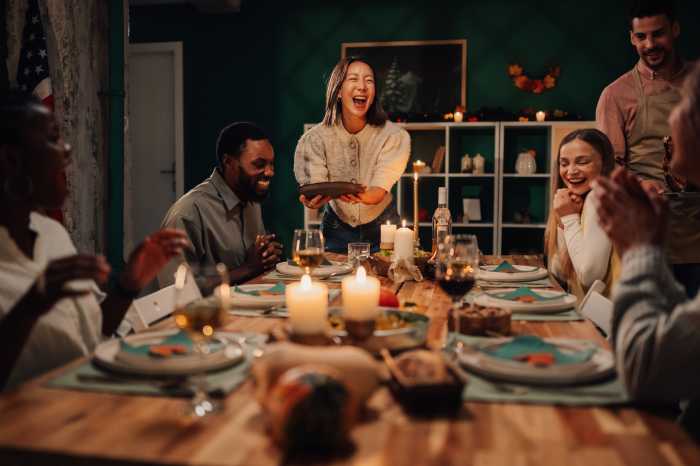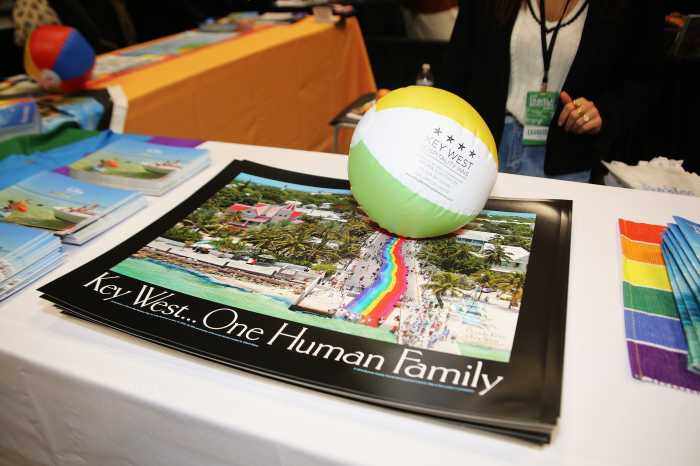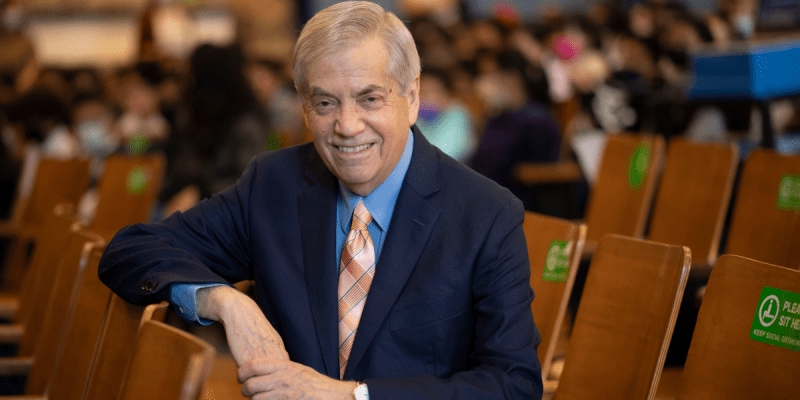In an acting career spanning five decades, OConnor won four Emmy Awards for "All in the Family" and a fifth Emmy for his role as a liberal-leaning police chief in a Southern town in "In the Heat of the Night."
As Archie, his most memorable and acclaimed role, OConnor presided over a family that included his "dingbat" wife Edith (played by Jean Stapleton), his "Weepin Nellie" atheist daughter Gloria (Sally Struthers) and his "pinko Pollack" son-in-law Mike Stivic (Rob Reiner).
OConnor, an up-front liberal in his personal life, conceived Archie not as an out-and-out bigot but as a reactor to the times. "I do a damn good job of reporting," he said in a 1973 Playboy article.
In a self-styled Carnarsie accent, Archie let fly with many of the racial and ethnic slurs that had been off limits in commercial broadcasting at that time.
As OConnor explained in Playboy, "What weve done and what Ive done is make Archie not the head of lynch mob but a human being who is also a bigot." Archies targets included his bosses, women, the Democratic Party, Roman Catholics and anyone not a white Anglo-Saxon Protestant blacks, Jews, Hispanics, Italians, Asians, Poles and the Irish.
Archie also didnt care much for hippies, liberals, short skirts and welfare. He was a Richard Nixon fan (until the President went to Communist China) and believed in God and governmentbut not the Washington that gave his money to the poor or impinged on his life.
Another of Archies big hang-ups was sex. When Archies daughter Gloria, living at home with her liberal graduate student husbandwhom the patriarch liked to call "meathead"said, "You cant even bear the mention of the word sex," Archie snapped: "I dont allow four-letter words in this house."
"All in the Family" shut down in 1979 but OConnor agreed to continue playing Archie. A new series, "Archie Bunkers Place," started that year and ran until 1983, earning neither the following nor the acclaim of the original
Life after Archie proved a mixed bag. OConnor wrote and acted in several productions. One of them, "Brothers," a 1983 Broadway play, flopped while another, "Brass," a television movie he produced, didnt pan out either. A year later he appeared in "Home Front," but the play closed after 13 performances.
OConnor wrote and starred in "A Certain Labor Day," which opened in San Francisco in 1995 and drew a review that called the play a "heartfelt bungle" and said the lead was just a variation of the Archie Bunker character. The notice sharpened OConnors hostility toward the press.
That same year his son Hugh committed suicide in a tragedy related to drugs. OConnor later would appear in anti-drug television messages aimed at young people.
In 1998 Simon & Schuster published OConnors memoir, "I Think Im Outta Here," in which he revealed an underachieving student at Newtown High School in Elmhurst, and at Wake Forest University, Winston-Salem, N.C., in 1941.
After Peal Harbor, he returned home, worked as a newspaper copyboy and, after being turned down as naval air cadet because of poor college grades, entered the Merchant Marine Academy as a midshipman, only to drop out and join the National Maritime Union, sailing the North Atlantic, Caribbean and Mediterranean as a merchant seaman.
Returning to his parents home in Queens in 1946, he worked for an Irish newspaper run by his family. His father at the time was in Sing Sing on a fraud conviction. In 1948 OConnor returned to Wake Forest and later to Montana State University in Bozeman, where he met another student, Nancy Fields, whom he married in 1951.
The turning point came in 1950 when he went to Dublin with his brother, Hugh, to study Irish history and English literature at University College. Taking the stage name of George Roberts, he appeared in the Dublins Gate Theatre. He also performed in Shakespeares plays at the Edinburgh Festival and in Cork, Limerick and Galway.
After earning a bachelors degree in 1952, OConnor returned to New York in 1954 where he taught for several years in City schools. He left for a part in a stage version of James Joyces "Ulysses," and, receiving a good notice, attracted more theatrical roles.
Developing into an ableharacter actor, he moved to television and films, appearing in such movies as "Lonely Are the Brave" in 1962 and "Cleopatra" a year later. He was living in Rome in 1971 when producer Norman Lear offered him the Archie Bunker role. He agreed, but insisted on a round-trip ticket to return immediately to Italy if the show flopped.
When Lear learned of OConnors death, he said, "Carroll OConnor as Archie Bunker was a genius at work, Gods gift to the world."



